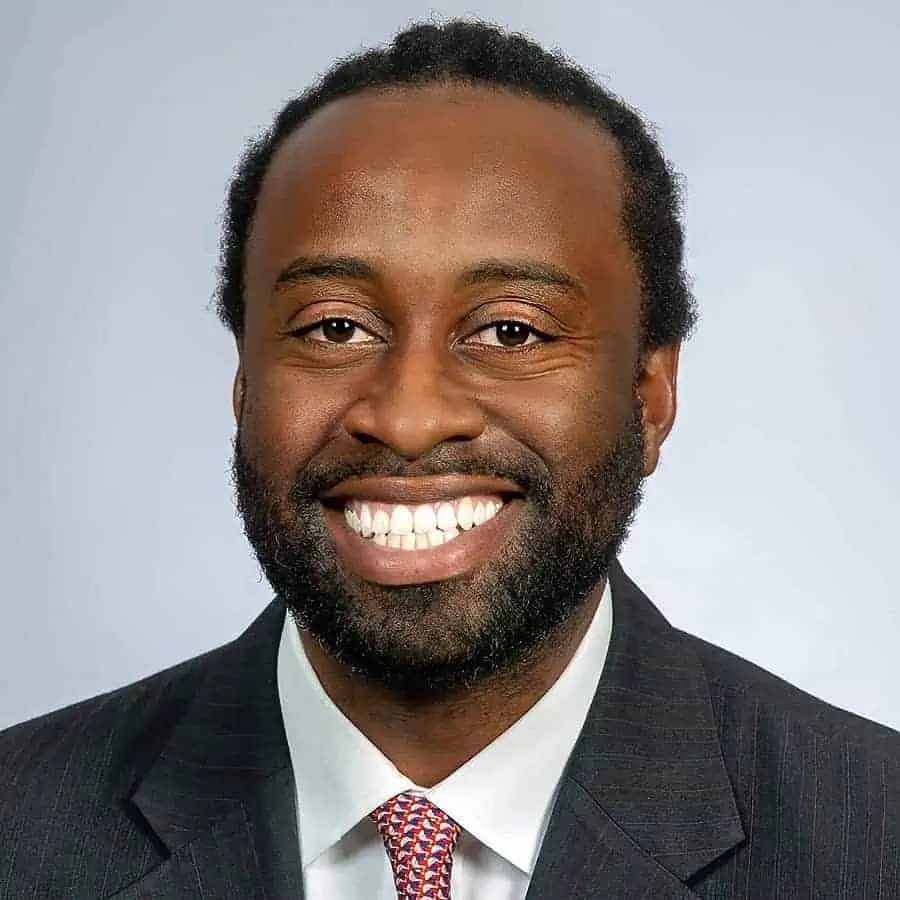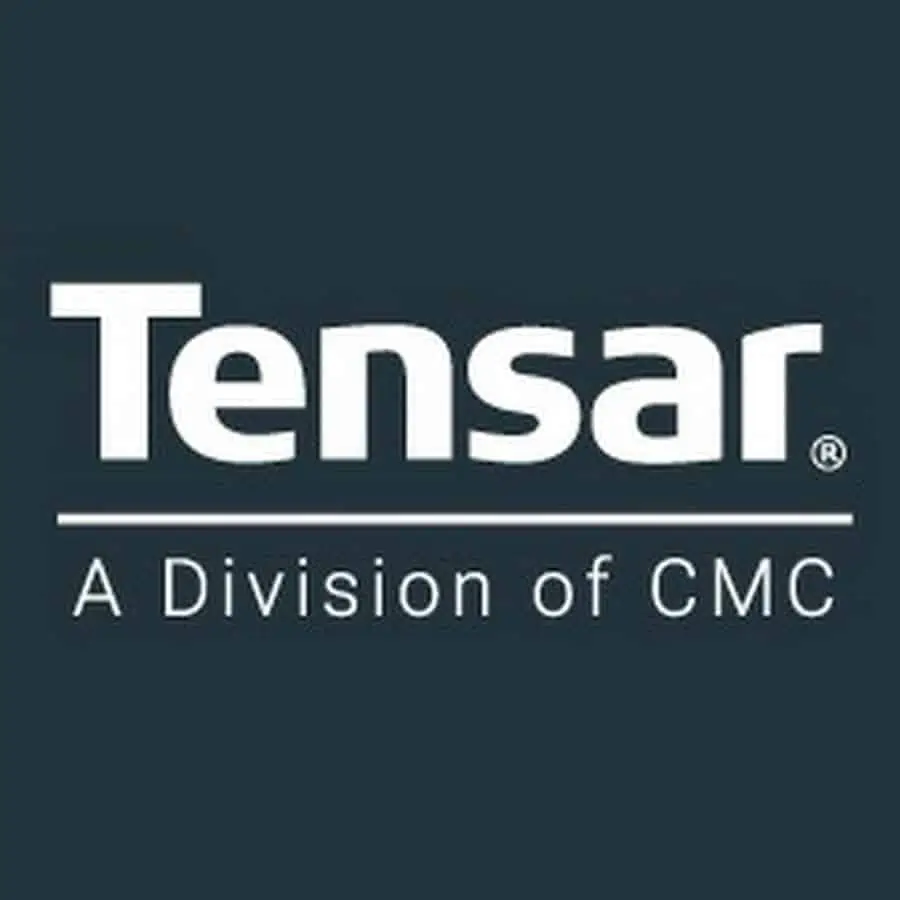Podcast: Play in new window | Download | Embed

***The video version of this episode can be viewed here.***
Engineering Quotes:
Here Are Some of the Questions We Ask Leonard:
- What notable advancements have you observed in the field of land characterization and geological data gathering?
- Reflecting on your experiences, which project stands out as the most memorable to you?
- How have the evolved non-intrusive diagnosis techniques impacted the industry?
- Can you elaborate on the role and significance of digital models and forecasting in today’s geotechnical engineering?
- Which strategies and technologies have proven pivotal in enhancing data quality for land site characterization?
- What do you perceive as the major challenges in large-scale geotechnical projects, and how do you approach managing them?
- How do you manage scope creep and ensure timely delivery in projects with optimistic time frames?
Here Are Some of the Key Points Discussed About Land Site Characterization:
- In geotechnical work, relying on traditional methods often causes delays and uncertainty. A more effective approach involves the early use of 3D scanning and seismic technology, providing a detailed ground model for informed decisions about foundations. This upfront strategy saves time and money, bringing transformative changes to the industry.
- In demanding projects, geotechnical experts face intense pressure. Within 48 hours on site, they swiftly investigate, test, and analyze, ensuring a safe foundation for operations. This involves drilling boreholes, interpreting data within 12 hours, and confidently predicting foundation performance. The stakes are high as they communicate findings, putting their reputation on the line. It’s a challenging and impactful experience in the geotechnical field.
- Taking cues from the medical field, the geotechnical industry is evolving. Shifting from invasive methods to early screening, similar to medical imaging, brings reduced risk and improved project outcomes. While the transition unfolds gradually, those who embrace change early can reshape the industry, paving the way for more efficient mega projects and increased infrastructure investment. Getting on board early promises significant rewards in this transformative journey.
- Ground modeling is revolutionizing with AI integration. By merging human and AI intelligence early on, a universal digital model emerges, bridging subsurface and surface realms for efficient collaboration. Iterative data synthesis enables optimization, prediction, and precise forecasting, ensuring on-time, on-budget outcomes for large projects. The rapid global adoption of this digital model within the next five years is set to reshape industry workflows significantly.
- The industry is stuck in a rigid copy-paste culture for project scopes. It’s crucial to break free, shift early to a comprehensive three-dimensional model, and let AI tailor solutions for unique site needs. The challenge is dispelling the black box perception, building trust, and making the industry more relatable and predictable. Take time to reflect, break free from conservatism, and align actions with the right objectives.
- In mega projects, tight schedules and budgets are major concerns. Early decisions based on assumptions can lead to late-stage problem-solving. The industry’s siloed nature and unforeseen issues later can be counterproductive. Spatial uncertainties, foundation modeling errors, and site investigation mistakes contribute to project failures. Starting earlier is crucial for establishing a single source of truth and refining the ground model to prevent potential problems.
- In the geotechnical engineering industry, there’s a challenge with “asset creep,” where risks accumulate across stages like design and construction. Owners need to manage these risks collectively to prevent future issues. This extends to site investigation, where inadequate depth considerations can lead to scope creep. Harmonizing elements from investigation to construction is key, with owners actively listening to specialists and promoting transparency to prevent problems down the line.
- Leonard’s career is fueled by curiosity, driving diverse experiences and global journeys. Three principles guide him: building trust in team collaborations and life,staying true to his core values, and understanding his own value especially when faced with challenges. The takeaway is Leonard’s resilience, embracing feedback and curiosity while holding firm to his core principles, unaffected by external attempts to redefine them.
More Details in This Episode…
About the Guest: Leonard Sands
Leonard Sands is a seasoned geosciences professional and business manager with a career spanning over two decades. Currently, he serves as the Global Business Line Director for Land at Fugro. Leonard’s journey with Fugro began over 13 years ago, showcasing his deep-rooted commitment and expertise within the company.
Leonard’s educational background is robust and diverse, laying a strong foundation for his professional achievements. He holds a bachelor’s degree with Honors in Civil Engineering (1991-1994) and a Master of Science in Engineering (MScEng) (1996-1998), both from James Cook University. These degrees equipped him with a solid understanding of engineering principles and practices.
In addition, Leonard expanded his expertise in organizational leadership and strategic planning by earning a Global Executive MBA from INSEAD in 2015-2016. This prestigious program further honed his skills in leading complex global operations and strategic decision-making.
Throughout his career, Leonard has demonstrated a unique blend of technical expertise, strategic vision, and leadership skills, making him an asset in the geosciences and business sectors. His journey reflects a commitment to both professional growth and the advancement of his field. You can connect with Leonard here.
About the Host: Jared M. Green, P.E., BC.GE, F.ASCE

Jared is a consultant and team leader who also enjoys mentoring young engineers and first-generation college students. He has been instrumental in increasing the number of pre-college students who are interested in STEAM majors and fields. He strives to make complex engineering topics relatable and understandable to people new to the field and to people who are completely unfamiliar with engineering. Jared and his family currently reside in Flemington, New Jersey. He and his wife have three energetic, inquisitive, and awesome children. You can connect with Jared here.
Sources/References:
Fugro
James Cook University
Swans (passive seismic solution)
BIM (Building Information Modeling)
ASTM (American Society for Testing and Materials)
AASHTO (American Association of State Highway and Transportation Officials)
Connect with Leonard Sands on LinkedIn
This Episode Is Brought to You By:
Menard
Menard USA is a specialty ground improvement contractor that works nationally providing design-build ground improvement solutions at sites with problematic soils. Menard works closely with civil, structural, and geotechnical engineers to minimize foundation costs for a wide range of soil conditions, structure types, and loading conditions. To learn more about Menard USA, or for help on your next project, please visit www.menardusa.com.
Tensar

Please leave your comments or questions in the section below on land site characterization.
To your success,
Jared M. Green, P.E., BC.GE, F.ASCE
Host of The Geotechnical Engineering Podcast






